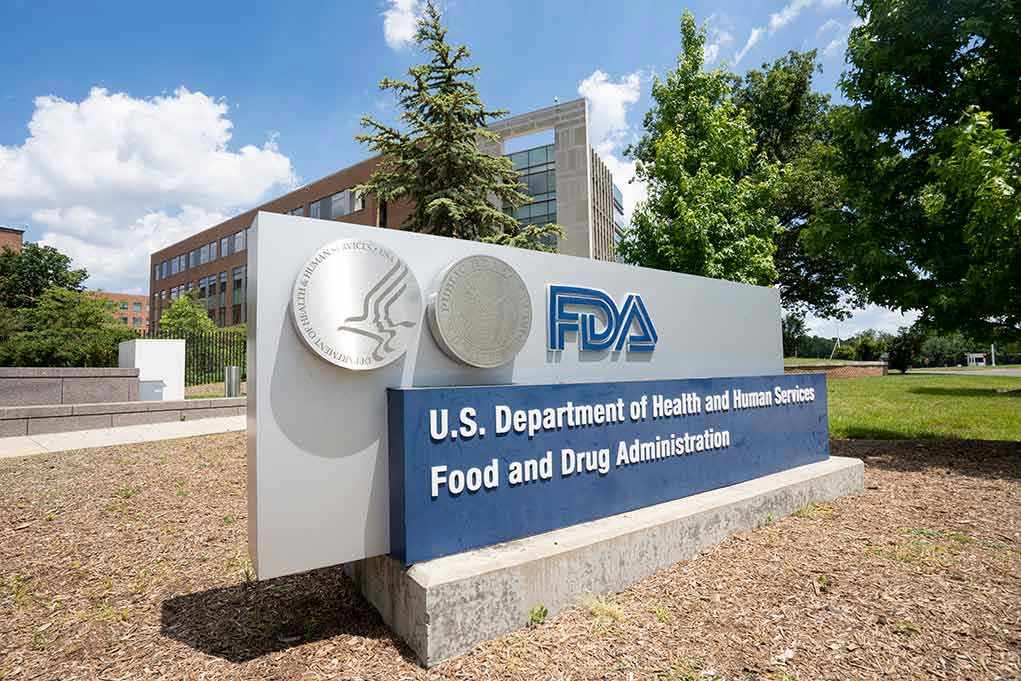
The FDA just recommended that a substance being marketed as “legal morphine” be classified alongside heroin as a Schedule I controlled substance, finally addressing what critics call a dangerous loophole that’s been exploiting American consumers for years.
At a Glance
- FDA recommends Schedule I status for 7-hydroxymitragynine (7-OH), a synthetic compound marketed as “legal morphine”
- The recommendation specifically excludes natural kratom leaf products, targeting only concentrated synthetic derivatives
- Companies have been selling 7-OH gummies, tablets, and shots in convenience stores without proper oversight
- FDA Commissioner Makary warns 7-OH “can be more potent than morphine” and poses serious addiction risks
- DEA will now conduct formal rulemaking process including public comment period
Trump Administration Takes Decisive Action Against Synthetic Opioid Threat
Thank God we finally have adults back in charge. Under President Trump’s leadership, the FDA is taking swift action against a dangerous synthetic compound that’s been masquerading as a harmless herbal supplement. Secretary Robert F. Kennedy Jr. and FDA Commissioner Marty Makary announced July 29th that 7-hydroxymitragynine (7-OH) should be classified as a Schedule I controlled substance, putting it in the same category as heroin and morphine. This isn’t government overreach—this is exactly what federal agencies should be doing: protecting Americans from predatory companies peddling dangerous substances.
The FDA’s move comes after issuing warning letters in June to seven companies marketing these 7-OH products. Commissioner Makary didn’t mince words: “7-OH is an opioid that can be more potent than morphine. We need regulation and public education to prevent another wave of the opioid epidemic.” Finally, we have officials who understand that preventing crises is better than managing them after they’ve destroyed countless American families.
Targeting Synthetic Derivatives While Protecting Traditional Use
Here’s what makes this approach refreshingly sensible: the FDA is specifically targeting concentrated and synthetic 7-OH products while explicitly excluding natural kratom leaf products. This isn’t a blanket ban driven by bureaucratic panic—it’s a surgical strike against companies that have been exploiting regulatory loopholes to market what amounts to synthetic opioids as legal supplements. These aren’t traditional herbal remedies; they’re chemically concentrated derivatives being sold in gas stations and marketed to unsuspecting consumers as “legal morphine.”
The American Kratom Association actually supports this move, emphasizing that 7-OH products “are not kratom.” Even the American Herbal Products Association welcomes the targeted approach. When industry groups are backing regulatory action, you know the problem is real. Natural kratom contains less than 1% of this compound, but these synthetic products concentrate it to dangerous levels that can rival prescription opioids in potency.
Learning From Past Regulatory Failures
Remember when the FDA tried to schedule kratom itself back in 2016 under the Obama administration? That ham-fisted approach rightfully faced massive public pushback because it would have criminalized a traditional plant that millions of Americans use responsibly. The Trump administration is taking a completely different approach—one based on science, common sense, and protecting both public health and individual liberty.
Secretary Kennedy’s statement perfectly captures this balanced approach: “Today, we’re taking action on 7-OH as a critical step in the fight against opioid addiction.” This isn’t about expanding government control over natural substances; it’s about stopping predatory companies from marketing synthetic opioids to Americans who think they’re buying harmless herbal supplements. The difference in approach between this administration and the previous bureaucratic failures couldn’t be more stark.
Sources:
American Herbal Products Association blog




